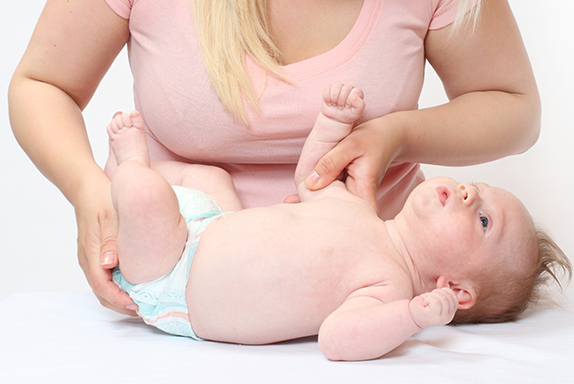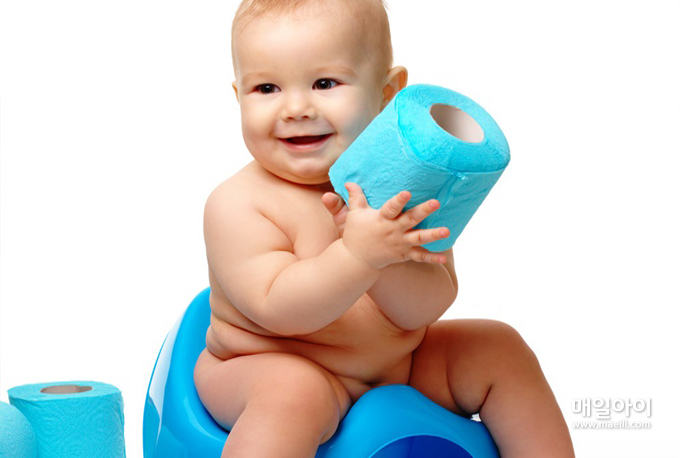What to Do If Your Newborn Has Diarrhea: Causes, Signs, and Solutions
What to Do If Your Newborn Has Diarrhea: Causes, Signs, and Solutions
Introduction
As a parent, it’s natural to worry when your newborn’s stool changes in consistency or frequency. Diarrhea in newborns can be concerning, but it’s not always a sign of a serious issue. Understanding the causes, recognizing the symptoms, and knowing how to address the problem can help you manage the situation effectively. In this blog, we’ll explore the common causes of diarrhea in newborns, how to differentiate normal stools from diarrhea, and when to seek medical attention.
1. What Does Normal Newborn Poop Look Like?
Before discussing diarrhea, it’s important to know what normal newborn stools look like, as they vary depending on feeding type:
A. Breastfed Babies
- Yellow or mustard-colored, seedy texture.
- Loose consistency but not watery.
- Frequent stools, especially in the first few weeks.
B. Formula-Fed Babies
- Tan, brown, or greenish color.
- Firmer than breastfed stools but still soft.
C. Meconium
- Dark greenish-black, tar-like stool passed in the first 1–2 days after birth.
If your baby’s stool suddenly becomes watery, explosive, or unusually frequent, it may indicate diarrhea.
2. Causes of Diarrhea in Newborns
Diarrhea in newborns can be caused by several factors, including:
A. Infections
- Viral Infections:
- Rotavirus, norovirus, or adenovirus can cause diarrhea.
- Bacterial Infections:
- Salmonella, E. coli, or Campylobacter may lead to diarrhea, often accompanied by fever or vomiting.
- Parasitic Infections:
- Giardia can occasionally cause diarrhea in infants.
B. Feeding Issues
- Overfeeding:
- Consuming too much formula or breast milk can overwhelm the digestive system.
- Formula Intolerance:
- Some babies may have trouble digesting certain ingredients in formula, like lactose.
- Changes in Diet:
- A sudden switch in formula or the introduction of new foods (if older than 6 months).
C. Food Sensitivities and Allergies
- Babies may react to foods consumed by the breastfeeding mother (e.g., dairy or caffeine).
D. Antibiotics
- Both the baby’s and the breastfeeding mother’s use of antibiotics can disrupt gut bacteria, leading to diarrhea.
E. Teething
- While not a direct cause, teething may lead to increased saliva production and looser stools.
3. Symptoms of Diarrhea in Newborns
Look for these signs to determine if your newborn has diarrhea:
- Frequent, Watery Stools:
- A significant increase in stool frequency or watery consistency.
- Explosive Stools:
- Sudden, forceful bowel movements.
- Unusual Smell:
- Foul-smelling or unusually strong odor.
- Irritation:
- Diaper rash or redness caused by frequent stools.
4. When to Seek Medical Attention
While diarrhea is often harmless, it’s important to contact your pediatrician if you notice:
- Signs of Dehydration:
- Dry mouth, sunken soft spot (fontanelle), reduced tears, or fewer wet diapers (fewer than 6 per day).
- Blood or Mucus in Stool:
- Indicates possible infection or allergy.
- Fever:
- A temperature above 100.4°F (38°C) in a newborn.
- Persistent Diarrhea:
- Lasts more than 24–48 hours.
- Poor Feeding:
- Baby refuses to eat or shows signs of lethargy.
5. How to Treat Diarrhea in Newborns
A. Maintain Hydration
- Breastfed Babies:
- Continue breastfeeding frequently. Breast milk contains antibodies that help fight infections and keep your baby hydrated.
- Formula-Fed Babies:
- Offer smaller, more frequent feeds to prevent dehydration.
- Electrolyte Solutions:
- If recommended by your pediatrician, use oral rehydration solutions (ORS) to restore fluids and electrolytes.
B. Avoid Overfeeding
- Feed your baby smaller amounts more frequently to avoid overwhelming their digestive system.
C. Monitor Diaper Changes
- Keep track of how often your baby has wet and dirty diapers to gauge hydration and stool patterns.
D. Treat Diaper Rash
- Frequent diarrhea can irritate your baby’s sensitive skin. To prevent or treat diaper rash:
- Change diapers promptly.
- Use diaper cream or petroleum jelly as a barrier.
- Let your baby go diaper-free for short periods to allow the skin to breathe.
6. Preventing Diarrhea in Newborns
While not all cases of diarrhea can be prevented, these steps can reduce the risk:
A. Practice Good Hygiene
- Wash your hands thoroughly before preparing bottles, feeding, or changing diapers.
- Clean and sterilize bottles and pacifiers regularly.
B. Monitor Feeding Habits
- Avoid overfeeding or switching formulas too frequently.
- If breastfeeding, be mindful of your diet to minimize potential irritants for your baby.
C. Vaccinate Against Rotavirus
- The rotavirus vaccine can prevent a common cause of severe diarrhea in infants.
D. Limit Antibiotic Use
- Only use antibiotics when prescribed by a doctor and monitor for side effects.
7. Conclusion
Diarrhea in newborns is common and usually not a cause for alarm, but it’s essential to monitor your baby closely for signs of dehydration or other complications. By understanding the causes and taking proactive steps, you can help your baby recover quickly and stay comfortable. Always consult your pediatrician if you have concerns about your baby’s health or feeding habits.
Call to Action
Have you experienced newborn diarrhea with your baby? Share your tips or concerns in the comments below! For more parenting advice and baby care tips, follow this blog.




Comments